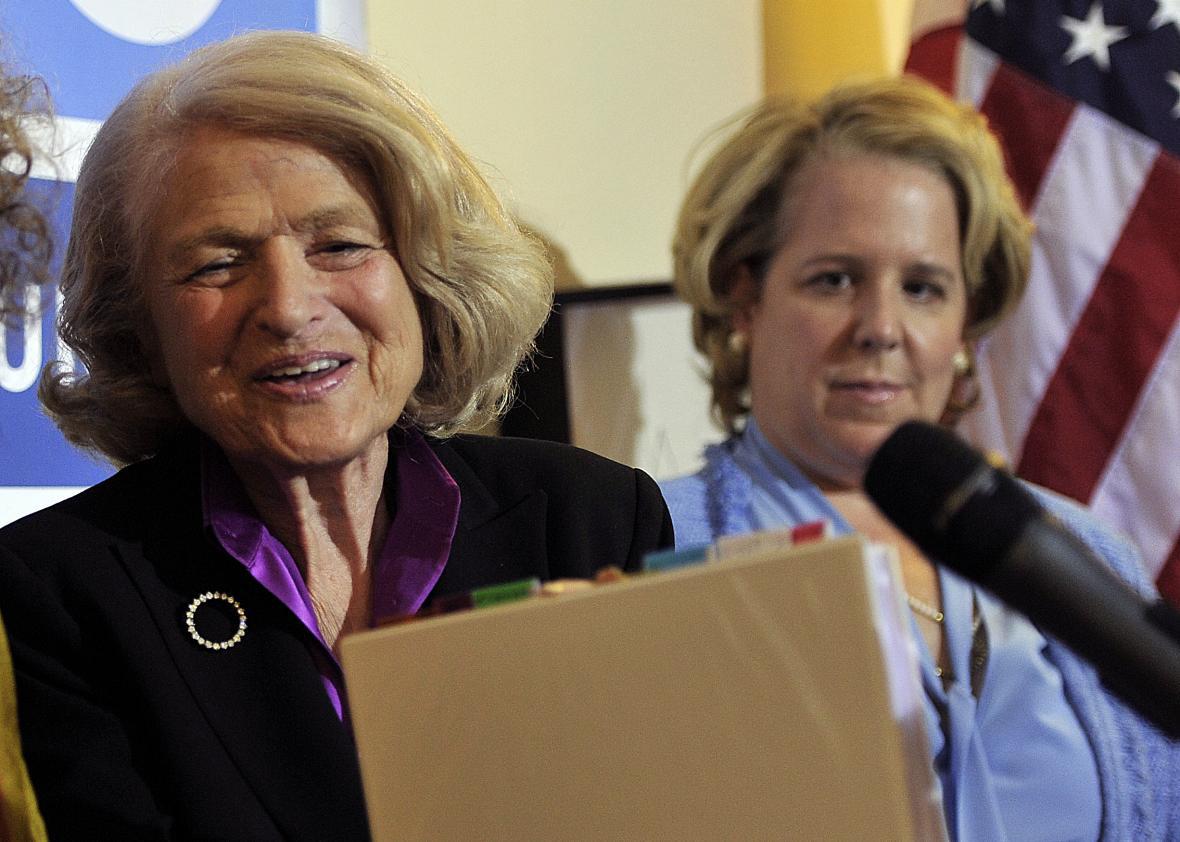On Thursday, even as a sweeping anti-LGBTQ bill worked its way through the Mississippi legislature, the courts delivered a victory for justice: U.S. District Judge Daniel Porter Jordan III, a George W. Bush appointee, overturned Mississippi’s law barring same-sex couples from fostering or adopting children. Jordan’s decision is the first to expand the central logic of Obergefell v. Hodges, holding that states may not interfere with the “rights and responsibilities intertwined with marriage” simply because a couple is gay. Mississippi was the last state to restrict adoption based on sexual orientation. As of Thursday night, same-sex couples may adopt children in every state in the country.
Jordan’s decision rested exclusively on the Equal Protection Clause of the 14th Amendment. The judge noted that the Obergefell court declined to specify a standard of review for laws targeting gays, such as rational basis (a lenient, forgiving standard) or heightened scrutiny (a more stringent mode of review.) Still, Jordan explained, the majority opinion evinced an obvious “intent for sweeping change”:
[I]t seems clear the Court applied something greater than rational-basis review. Indeed, the majority never discusses the states’ reasons for adopting their bans on gay marriage and never mentions the word “rational.” While it may be hard to discern a precise test, the Court extended its holding to marriage-related benefits—which includes the right to adopt.
Mississippi has not yet announced whether it plans to appeal Jordan’s ruling. If it does, the state faces an obvious uphill climb, given Obergefell’s description of marriage rights as a “unified whole” and the right to “bring of up children” as “a central part” of constitutional liberty.
I asked Roberta Kaplan, the attorney behind the Mississippi suit as well as Obergefell’s predecessor, United States v. Windsor, what she made of the ruling.
“I think people can quibble about the various layers of Windsor and Obergefell and the various layers of scrutiny,” she told me. “But what this makes clear is that any fair-minded reading of the recent Supreme Court opinions has to conclude that statutes like the Mississippi adoption ban—which fence gay people and their children off from the rest of society—are unconstitutional.”
Was Kaplan frustrated by Jordan’s inability to designate a standard of review for anti-gay laws?
“In a way, I think there’s something refreshing about the clarity of what Judge Jordan had to say,” she said. “It really doesn’t matter how you get there or what scrutiny you apply. The one thing that’s crystal clear is that states can’t do this anymore.”
Kaplan was optimistic that the breadth of Jordan’s ruling could signify a broader judicial skepticism toward other anti-LGBTQ laws—like, for instance, Mississippi’s explicitly homophobic, transphobic “religious liberty” bill, HB 1523.
“With regard to these ridiculous statutes out there,” Kaplan told me, “I hope people will see the message and writing on the wall: They are as unconstitutional as the Mississippi adoption ban.”
